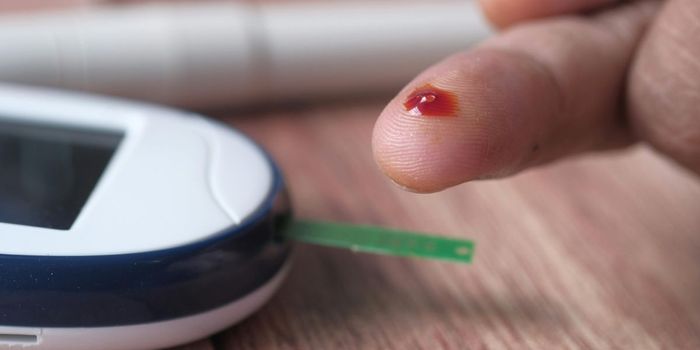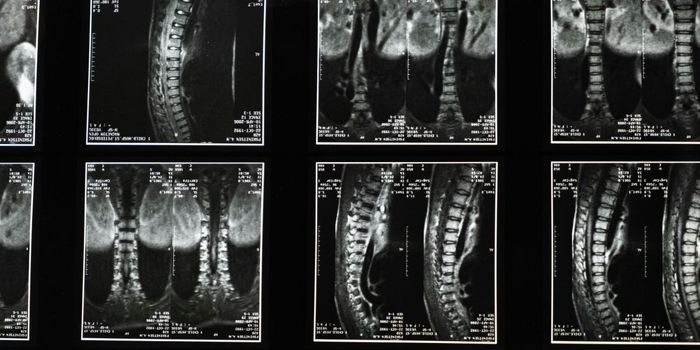Can CT Scans Increase the Risk of Brain Cancer?
Medical imaging has gone from fuzzy X-rays that didn't show much, to real-time functional MRI scans in just a few decades. Being able to see inside the body, sometimes down to the molecular level, can save lives, reveal new treatment options, and be a teaching tool for medical students.
There is some risk with specific imaging methods. Radiation from X-rays and CT scans can be problematic, but for the most part, these imaging abilities provide useful information with a very low risk of radiation problems. A new study, however, could change the way doctors and patients feel about CT scans. Published in the Journal of the National Cancer Institute, the research suggests that CT scans can raise a patient's risk for developing brain tumors.
Computed tomography (CT) scans are often the first line of diagnosticians who need to understand a problem a patient has. They are used for almost every part of the body, and they do improve clinical outcomes, but there could be a cost to that. They use more radiation than other types of imaging, and the risk is more pronounced in children who are more susceptible to radiation. In children and young adults, the most common cancers that are related to radiation exposure are leukemia and brain cancer. The study's goal was to investigate the use of CT scans in children and compare it to the incidence of brain tumors and leukemia.
The study included 168,394 Dutch children who had undergone one or more CT scans between 1979 and 2012. They compared this data to vital stat records and cancer incidence. What they found was that the rate of brain cancers (both malignant and non-malignant) were 1.5 times higher and those numbers were related to dosage amounts. The higher the dose of radiation in a scan, the higher the rate of brain tumors. There was no similar correlation between CT scans and leukemia cases, which is likely because not much radiation reaches the bone marrow when CT scans are performed, and that is where leukemia originates.
The team of scientists was quick to point out that the association between CT scans and cancer could be due to confounding factors since the cohort of study subjects was already at a higher risk for disease. CT scans are not done without some indication of a problem, such as balance issues, headaches or vision disturbances. The information on why the children received scans was not entirely clear, so it's possible that some of them were already being evaluated for possible brain tumors or other brain abnormalities.
Dr. Michael Hauptmann, in the Department of Epidemiology and Biostatistics at the Netherlands Cancer Institute, is the lead author of the work. He explained, "Epidemiological studies of cancer risks from low doses of medical radiation are challenging. Nevertheless, our careful evaluation of the data and evidence from other studies indicate that CT-related radiation exposure increases brain tumor risk. Careful justification of pediatric CT scans and dose optimization, as done in many hospitals, are essential to minimize risks." Check out the video to learn more about the research and possible radiation risks in CT scans.









